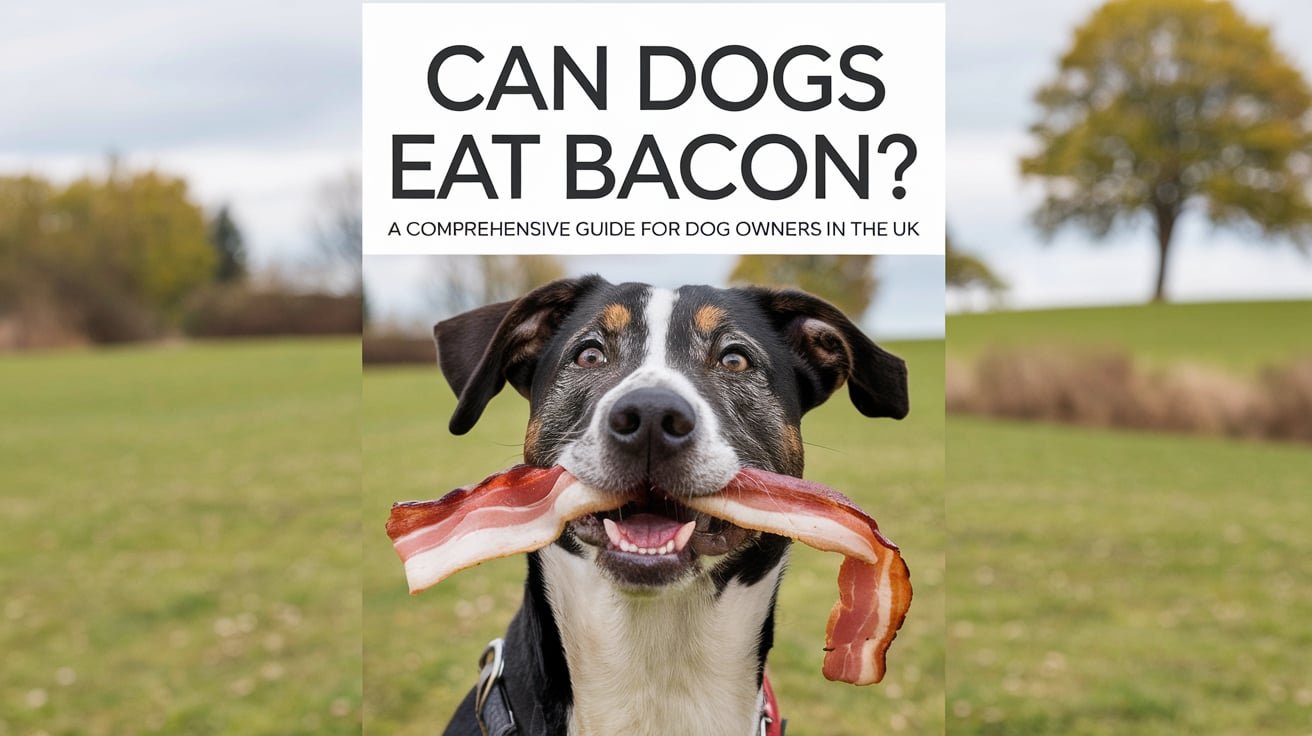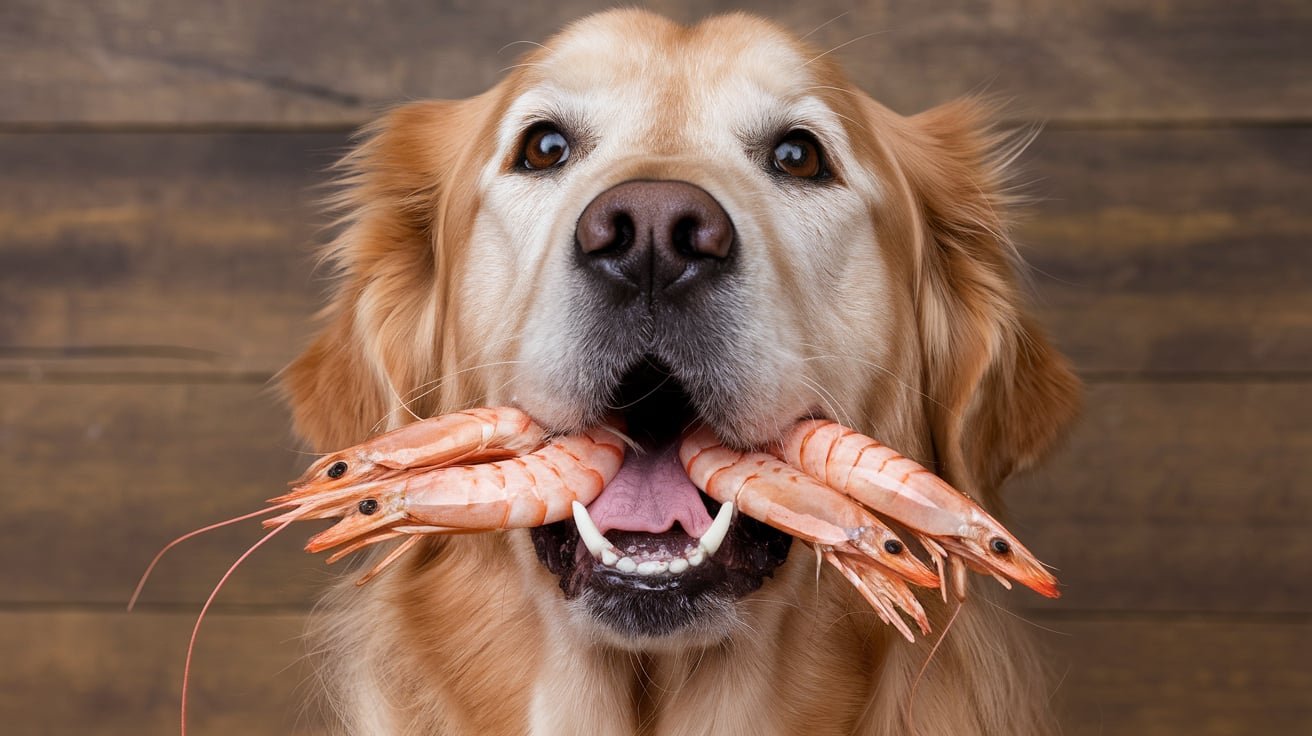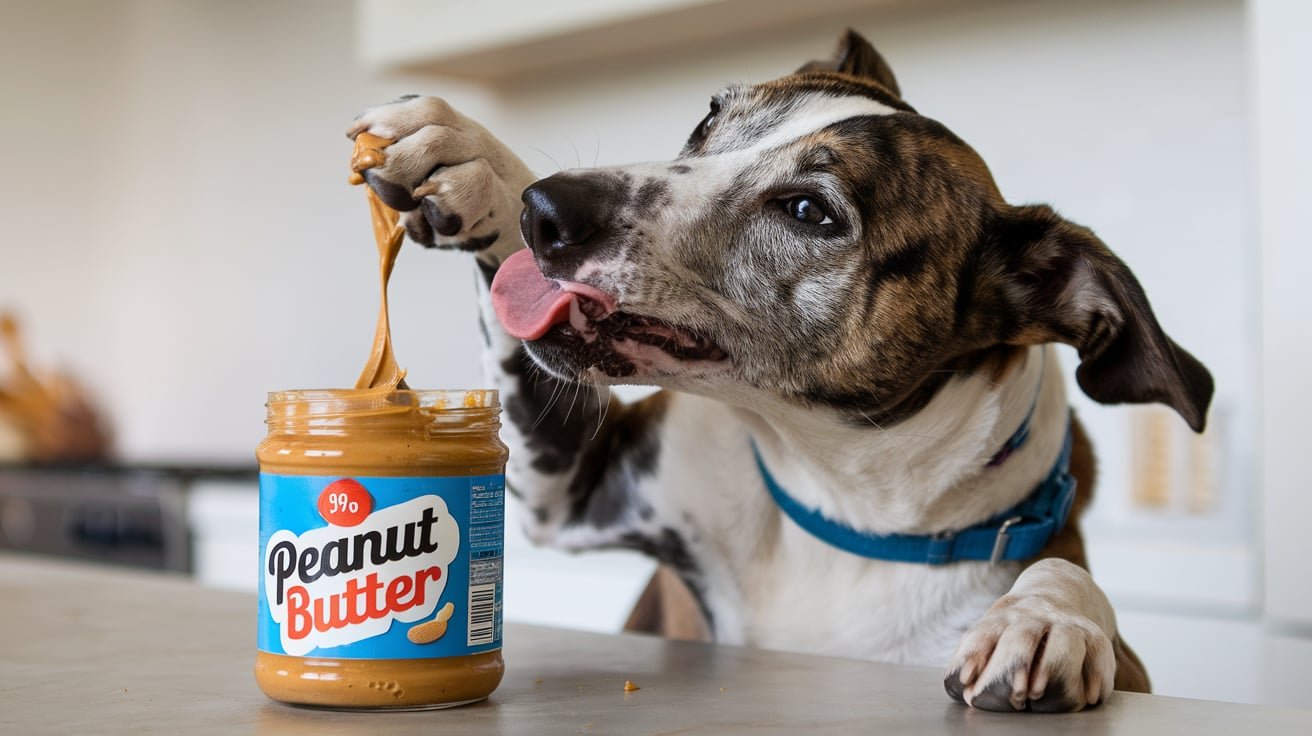Introduction To Can Dogs Eat Bacon
As dog owners, we often find ourselves asking, “Can my furry friend enjoy the same delicious treats I do?” One common question is whether dogs can eat bacon. This crispy, salty delight is a favourite for many, but is it safe for our canine companions? In this article, we will explore the ins and outs of bacon consumption for dogs, helping you make informed decisions about your pet’s diet.
Understanding Bacon: What is It?
Bacon is a type of cured meat made from pork. It’s typically sliced thin and fried until crispy, which brings out its rich flavour. While bacon is a tasty treat for humans, it’s important to consider whether it holds the same appeal and safety for dogs.
Nutritional Value of Bacon
Bacon is high in protein and fat, which can be appealing to dogs. However, it also contains high levels of sodium and preservatives like nitrates, which may not be suitable for canine health. The combination of these factors raises concerns about the safety and health effects of feeding bacon to dogs.
A friend of mine, who had a Labrador named Max, often shared his leftover bacon with him. Max loved it, but after a while, he started experiencing tummy troubles. It turned out the bacon was causing him some digestive issues!
Can Dogs Eat Bacon? The Answer
In moderation, dogs can eat bacon, but it’s not without risks. Let’s break it down further:
The Pros of Bacon for Dogs
- Taste Appeal: Most dogs find bacon irresistibly tasty. It can be used as a high-value treat during training or as an occasional reward.
- Source of Protein: Bacon provides protein, which is essential for a dog’s overall health.
The Cons of Bacon for Dogs
- High Fat Content: Excessive fat in bacon can lead to pancreatitis, a serious condition in dogs that causes inflammation of the pancreas. Symptoms may include vomiting, abdominal pain, and lethargy.
- Sodium and Preservatives: The high sodium content in bacon can lead to salt poisoning, which can cause symptoms like excessive thirst, urination, and even more severe issues.
- Potential for Obesity: Regularly feeding bacon can contribute to weight gain, especially in sedentary dogs. Obesity can lead to other health complications, such as diabetes and joint problems.
So, Is Bacon Safe for Dogs?
In moderation, bacon can be safe for dogs, but it’s important to consider your dog’s individual health needs and dietary restrictions. Always consult with your veterinarian if you have concerns about your dog’s diet.
How to Safely Introduce Bacon to Your Dog’s Diet
If you decide to treat your dog to some bacon, it’s essential to do so safely. Here’s a step-by-step guide:
Step 1: Choose Quality Bacon
Opt for high-quality, plain bacon without additives or spices. Avoid bacon that contains garlic or onion, as these can be toxic to dogs.
Step 2: Cook It Properly
Cook the bacon until it’s crispy and drain off excess fat. This reduces the fat content and makes it easier for your dog to digest.
Step 3: Start Small
Introduce a tiny piece of bacon to your dog’s diet. Monitor them closely for any adverse reactions, such as vomiting or diarrhoea.
Step 4: Observe Your Dog
Watch for any signs of discomfort or illness after your dog eats bacon. If they show symptoms, contact your vet immediately.
Step 5: Make It an Occasional Treat
Consider bacon as an occasional treat rather than a regular part of your dog’s diet. Balance it with healthy dog food to ensure they receive proper nutrition.
What to Do If Your Dog Eats Too Much Bacon
If your dog manages to sneak in too much bacon, don’t panic! Here’s what you can do:
- Monitor Their Behaviour: Keep an eye on your dog for any signs of distress. Look for symptoms like vomiting, diarrhoea, or lethargy.
- Contact Your Vet: If your dog shows any concerning symptoms, reach out to your veterinarian. They may recommend bringing your dog in for an examination.
- Hydration is Key: Ensure your dog has access to plenty of fresh water, especially if they seem to be experiencing digestive issues.
Anecdotes: Real Stories from Dog Owners
The Bacon Bandit
A fellow dog owner shared the story of their beagle, Daisy, who had a penchant for sneaking food. One day, they cooked bacon for breakfast and accidentally left a plate on the table. Daisy jumped up and devoured the entire plate! While they laughed at her antics, they soon realised the bacon made her sick. After a trip to the vet, they learned to keep all human food out of Daisy’s reach.
Training Treats
Another owner, Sarah, used bacon to train her golden retriever, Buddy. She discovered that using small pieces of cooked bacon during training sessions motivated him like no other treat. However, she made sure to keep it occasional, using healthier treats most of the time. This way, Buddy learned quickly while staying healthy.
Alternatives to Bacon for Dogs
If you’re worried about the health risks of bacon, there are many other dog-friendly treats that can satisfy your pet’s taste buds. Some alternatives include:
- Lean meats: Cooked chicken, turkey, or beef can provide protein without the added fat.
- Fruits and veggies: Many dogs enjoy apples, carrots, or blueberries as healthy snacks. Just ensure to remove any seeds or cores.
- Commercial dog treats: Look for treats made specifically for dogs, often available in pet stores or online.
I once tried giving my dog, Bella, a piece of apple instead of bacon. To my surprise, she loved it just as much! It’s all about finding what they enjoy.
Frequently Asked Questions
1. How often can I give my dog bacon?
While bacon can be given as an occasional treat, it’s best to limit it to once a week or less, depending on your dog’s health and dietary needs.
2. Are there any types of bacon I should avoid?
Avoid bacon that is heavily processed or seasoned, especially those containing garlic, onion, or spices.
3. Can puppies eat bacon?
It’s generally best to avoid giving bacon to puppies due to their sensitive digestive systems. Instead, opt for treats specifically formulated for puppies.
4. What should I do if my dog is allergic to bacon?
If you suspect your dog has a food allergy, consult your veterinarian for appropriate testing and dietary recommendations.
Conclusion: Should You Give Your Dog Bacon?
In conclusion, while dogs can eat bacon, it’s crucial to approach this treat with caution. Consider the potential health risks and always consult your veterinarian before making changes to your dog’s diet. Remember that moderation is key!
Treating your dog to bacon can be a delightful experience for both you and your pet, but it should be done with care. With the right approach, you can make informed choices about your dog’s diet while still allowing them to indulge in tasty treats.
Final Thoughts Of Can Dogs Eat Bacon
By prioritizing your dog’s health and exploring alternative treats, you can ensure your furry friend remains happy and healthy while still enjoying the occasional delicious snack. So, the next time you whip up some bacon for breakfast, think twice before sharing it with your dog!



